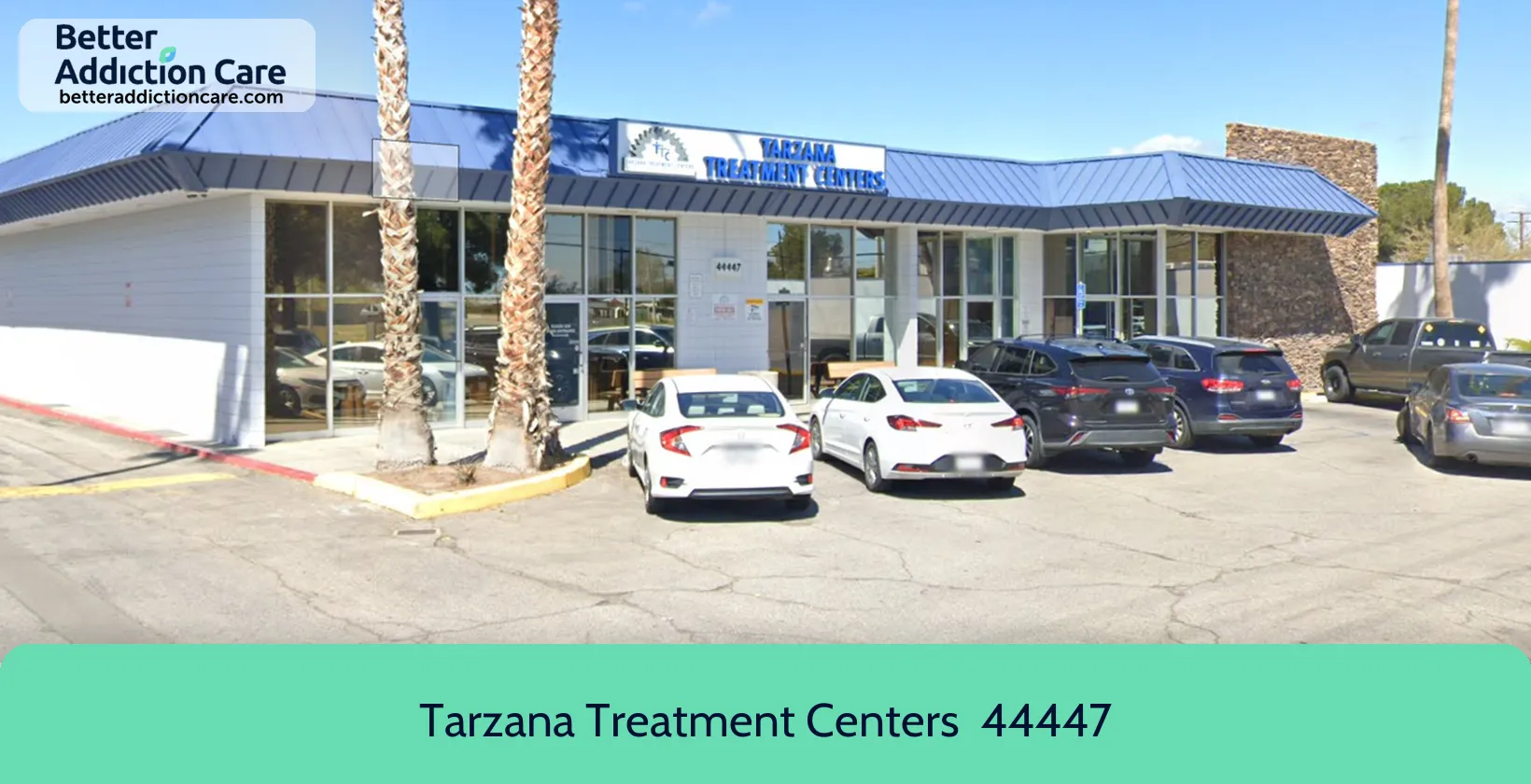Tarzana Treatment Centers - Magnolia Avenue

Overview
This facility is an important component of the Tarzana Treatment Centers network and is situated on Magnolia Avenue in Long Beach, California. It helps men and women of all ages, even pregnant women, and offers a lot of different types of treatment. Its main focus is on residential treatment for drug and alcohol abuse, providing a structured setting for recovery. This building also offers transitional and supportive housing to assist people on their way to sobriety and security. Through its dual diagnosis services, the center can help people with both drug abuse and mental health problems. This means that people with two or more disorders can get care that is tailored to their specific needs. Family services and mental health support are important parts of treatment because they allow for a complete method that takes into account the needs of both the person and their family. To reach even more people, the center runs outreach and community education programs that teach people about the center's services and help people who need them.
For people who need legal help, the building also has court-related services to help them get through the complicated legal system. With the addition of online services, the center makes sure that its patients can get help whenever they need it and in a way that fits their needs. The facility is approved and certified by the State Department of Health Care Services, which shows that it is dedicated to providing high-quality care and following all rules and regulations.
Tarzana Treatment Centers - Magnolia Avenue at a Glance
Payment Options
- County or local government funds
- Community Mental Health Block Grants
- Community Service Block Grants
- Medicaid
- Private health insurance
Assessments
- Comprehensive mental health assessment
- Comprehensive substance use assessment
Age Groups
- Adults
- Children/adolescents
- Young adults
Operation
- Private non-profit organization
Highlights About Tarzana Treatment Centers - Magnolia Avenue
6.74/10
With an overall rating of 6.74/10, this facility has following balanced range of services. Alcohol Rehabilitation: 8.00/10, Drug Rehab and Detox: 6.00/10, Insurance and Payments: 6.00/10, Treatment Options: 6.97/10.-
Alcohol Rehabilitation 8.00
-
Treatment Options 6.97
-
Drug Rehab and Detox 6.00
-
Insurance and Payments 6.00
Accreditations
The Joint Commission:

The Joint Commission, previously known as JCAHO, is a nonprofit organization that accredits rehabilitation organizations and programs. Established in 1951, its mission is to enhance the quality of patient care and showcase excellence in healthcare delivery.
NAATP:

The National Association of Addiction Treatment Providers (NAATP) accreditation is a recognized standard within the field of addiction and behavioral health. This accreditation signifies that a treatment provider has undergone a rigorous evaluation process to ensure the quality and effectiveness of its programs and services. NAATP accreditation serves as a valuable marker of a provider's commitment to adhering to established industry standards, offering evidence-based treatments, and prioritizing the well-being of individuals seeking addiction and behavioral health support.
Treatment At Tarzana Treatment Centers - Magnolia Avenue
Treatment Conditions
- Mental health treatment
- Alcoholism
- Opioid Addiction
- Substance use treatment
- Co-occurring Disorders
Care Levels
- Detoxification
- Aftercare
- Outpatient
- Hospital inpatient treatment
Treatment Modalities
- 12-step facilitation
- Family counseling
- Individual psychotherapy
- Cognitive Behavioral Therapy
- Dialectical Behavior Therapy
Ancillary Services
Languages
- Sign language services for the deaf and hard of hearing
- Spanish
- English
Special Programs
- Clients with HIV or AIDS
- Clients who have experienced trauma

Additional Locations
Common Questions About Tarzana Treatment Centers - Magnolia Avenue
Contact Information
Read our Most Recent Article About Drug Addiction
DISCLAIMER: The facility name, logo and brand are the property and registered trademarks of Tarzana Treatment Centers - Magnolia Avenue, and are being used for identification and informational purposes only. Use of these names, logos and brands shall not imply endorsement. BetterAddictionCare.com is not affiliated with or sponsored by Tarzana Treatment Centers - Magnolia Avenue.










